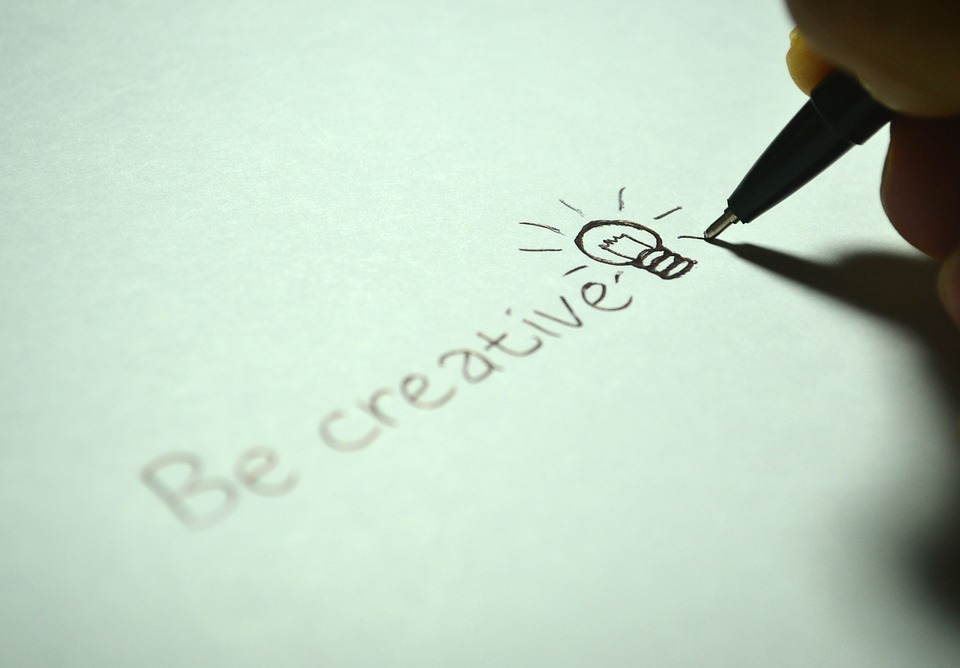The Role of Bias in Jury Selection
Jury selection is a crucial aspect of the legal system, as the jury ultimately decides the guilt or innocence of a defendant. However, bias in jury selection can greatly impact the outcome of a trial. Bias can be conscious or unconscious, and can manifest in a variety of ways.
Types of Bias in Jury Selection
One type of bias that can affect jury selection is racial bias. Studies have shown that people of color are often underrepresented on juries, and are more likely to be struck from the jury pool during the selection process. This can lead to a lack of diversity on juries, which can impact the fairness of the trial.
Another type of bias is gender bias. Women are also underrepresented on juries, and may face stereotypes or preconceived notions based on their gender. This can result in women being treated differently during the trial, or being more likely to be struck from the jury pool.
Other forms of bias that can impact jury selection include socioeconomic bias, political bias, and bias based on sexual orientation or religion. All of these types of bias can affect the fairness of a trial, as jurors are supposed to be impartial and make their decisions based on the evidence presented in court.
How Bias Affects the Legal System
Bias in jury selection can have serious consequences for the legal system. If jurors are not impartial, they may be more likely to make decisions based on their own biases, rather than on the evidence presented in court. This can lead to unfair trials, wrongful convictions, and a lack of trust in the judicial system.
In addition, bias in jury selection can also impact the composition of the jury itself. If certain groups of people are systematically excluded from juries, it can lead to a lack of diversity and representation in the legal system. This can perpetuate inequalities and injustices, and create a system that is not truly reflective of the community it serves.
How to Overcome Bias in Jury Selection
Education and Training
One way to overcome bias in jury selection is through education and training. Judges, attorneys, and other legal professionals can receive training on how to recognize and address bias in the jury selection process. This can help them make more informed decisions about who should serve on a jury, and ensure that the jury is as impartial as possible.
In addition, potential jurors can also receive education on bias and how it can impact their decision-making. This can help them be more aware of their own biases, and make more impartial decisions during the trial.
Implicit Bias Tests
Another tool that can be used to overcome bias in jury selection is implicit bias tests. These tests measure unconscious biases that people may hold, and can help identify individuals who may be more prone to bias in the jury selection process. By using these tests, judges and attorneys can make more informed decisions about who should serve on a jury.
Diversity in Jury Pools
Increasing diversity in jury pools can also help overcome bias in jury selection. By ensuring that jurors come from a wide range of backgrounds and experiences, the likelihood of bias impacting the trial can be reduced. This can help create a more representative and fair legal system.
Transparency in the Selection Process
Finally, transparency in the jury selection process can also help overcome bias. By making the jury selection process more open and accessible, the legal system can ensure that jurors are chosen fairly and impartially. This can help build trust in the judicial system, and ensure that trials are conducted fairly and impartially.
Conclusion
Bias in jury selection is a significant issue that can impact the fairness of trials and the trust in the legal system. By recognizing and addressing bias in jury selection, the legal system can work towards ensuring that trials are conducted fairly and impartially. Through education, training, implicit bias tests, diversity in jury pools, and transparency in the selection process, bias in jury selection can be overcome, leading to a more just and equitable legal system.



